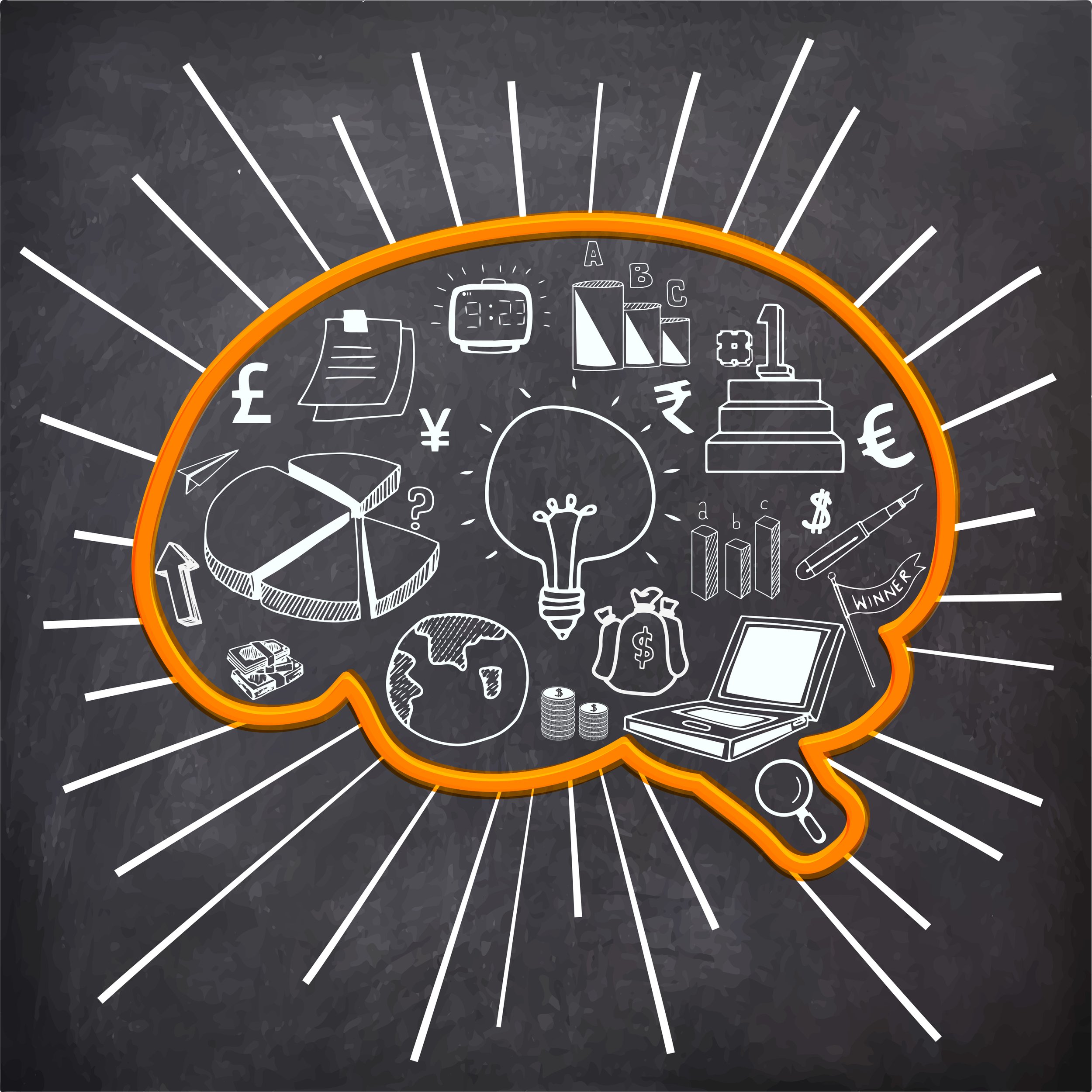

How Lifting Made Me Smarter
Often, physical activity improves more of our lives than just our bodies, it helps our brains, too. Regular exercise can help with undertanding organization, practice, goal setting, and finding meaning in what you’re learning. When the things you learn personally mean something to you, it’s more likely you’ll retain that knowledge. Some of the physical benefits of lifting - energy regulation, improved sleep, and mood stabilization - helps us be more attentive and energetic, aiding in the learning process.

The Myth Of 1% Better Everyday
Humans don’t improve exponentially; our skills and talents take time to develop. When it comes to fitness, there is often a hard (physical) or soft (priority shift) limit to our growth because we can no longer put in the time and effort improvement requires. The phrase “1% better everyday” isn’t about literally improving 1% every single day, it’s about putting in the concentrated and meaningful work to get better. It encourages people to build habits and routines that will lead them to long term success.

Why I'm Not Returning To The Gym
COVID isn’t going anywhere - it’s going to continue to mutate and spread. It’s our responsibility to mitigate the risks by doing things like getting vaccinated, masking in public spaces, eating outdoors (or getting take out) rather than indoors at restaurants, and minimizing traveling. Everyone is at a different amount of risk. Those of us lucky enough to be able to be vaccinated or have stronger immune systems need to consider the people we come into contact with who are at greater risk. For some people, returning to the gym is an acceptable risk in their life. For others, it’s not. The best thing we can do is make thoughtful and responsible decisions that minimize the harm we could do to others.

Where Does Laziness Come From?
Everyone has periods of laziness - it’s part of being human. People probably aren’t inherently lazy; there are environmental and situational factors that contribute to why we procrastinate or avoid doing “work.” If people take the time to examine why they’re being “lazy,” they’ll most likely realize the reasons behind their behavior.

Training For The Hypermobile
Hypermobility is a condition where joints are unusually loose or unstable and often presents itself in people as excessively flexible bodies with poor proprioception (the sense of knowing what space your body is taking up and what it’s doing). The risk of injury that comes with hypermobility means that clients should focus on stability rather than flexibility, avoid extreme ranges of motion, be careful with controlling movement and form, and be aware that their strength will grow slowly. Personal trainers should familiarize themselves with common conditions like hypermobility in order to best support the wide range of individualization their clientele will need.
